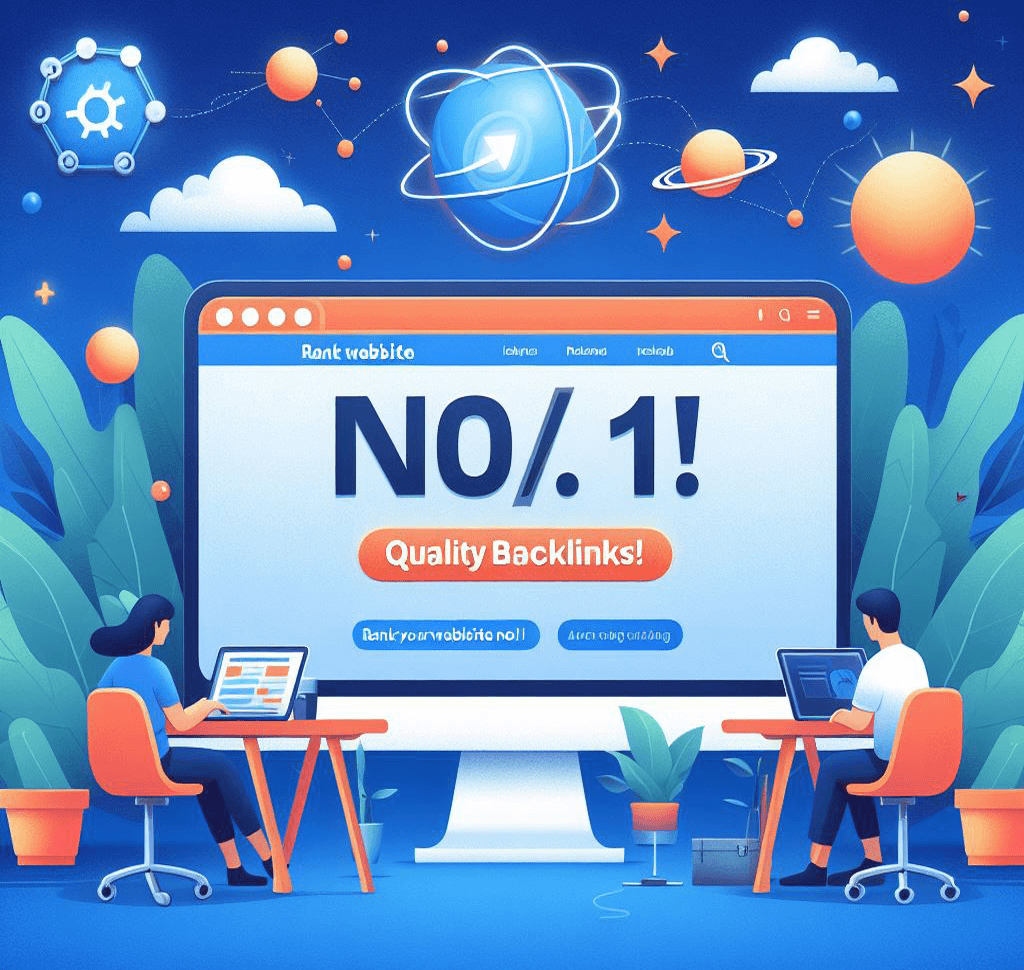Sustainability has become an increasingly important focus for businesses around the world. With the growing awareness of environmental issues and the need for responsible business practices, companies are recognizing the importance of integrating sustainability into their operations. In this article, we will explore the future of sustainable business practices and the key trends that are shaping this landscape.
The Rise of Sustainable Business
Over the past decade, there has been a significant shift in consumer attitudes towards sustainability. People are increasingly conscious of the impact their purchasing decisions have on the environment and society as a whole. As a result, businesses are under pressure to adopt sustainable practices in order to meet the changing expectations of their customers.
One of the key drivers behind the rise of sustainable business practices is the growing concern over climate change. As the effects of global warming become more apparent, consumers are demanding that companies take action to reduce their carbon footprint. This has led to an increase in the adoption of renewable energy sources, energy-efficient technologies, and the implementation of carbon offsetting initiatives.
Technological Innovations
Technology is playing a crucial role in driving sustainable business practices. Advancements in areas such as artificial intelligence, big data analytics, and the Internet of Things (IoT) are enabling companies to optimize their operations and reduce waste. For example, IoT sensors can be used to monitor energy usage, water consumption, and waste generation in real-time, allowing businesses to identify areas for improvement and implement more sustainable practices.
Furthermore, innovations in renewable energy technologies are making it easier for businesses to transition to clean energy sources. Solar panels, wind turbines, and energy storage systems are becoming more affordable and efficient, enabling companies to reduce their reliance on fossil fuels and lower their carbon emissions.
The Circular Economy
The concept of the circular economy is gaining traction as a sustainable business model for the future. Unlike the traditional linear economy, which follows a “take-make-dispose” approach, the circular economy aims to keep resources in use for as long as possible by promoting recycling, reusing, and repurposing.
Companies are increasingly adopting circular economy principles by designing products that are easier to repair, recycle, or refurbish. This not only reduces waste but also creates new business opportunities in areas such as remanufacturing and reverse logistics.
Collaboration and Partnerships
Another key trend in sustainable business practices is the emphasis on collaboration and partnerships. Many companies are realizing that they cannot achieve their sustainability goals alone and are actively seeking partnerships with other organizations, NGOs, and government agencies.
Collaboration allows businesses to pool resources, share knowledge, and leverage each other’s strengths to drive meaningful change. By working together, companies can tackle complex sustainability challenges more effectively and create innovative solutions that benefit both the environment and society.
Consumer Demand and Transparency
Consumer demand for sustainable products and services is a powerful force driving the future of sustainable business practices. As more people become aware of the environmental and social impact of their choices, they are actively seeking out companies that align with their values.
To meet this demand, businesses are increasingly focusing on transparency and accountability. They are providing clear information about their sustainability initiatives, sourcing practices, and supply chain transparency. This enables consumers to make informed choices and support companies that prioritize sustainability.
The Benefits of Sustainable Business Practices
Adopting sustainable business practices not only helps to protect the environment but also offers several benefits for companies themselves. These include:
- Cost savings through energy and resource efficiency
- Enhanced brand reputation and customer loyalty
- Access to new markets and opportunities
- Improved employee morale and productivity
- Reduced regulatory risks and compliance costs
As the world continues to grapple with environmental challenges, the future of sustainable business practices looks promising. By embracing sustainability, companies can not only contribute to a more sustainable future but also gain a competitive advantage in the marketplace.
In conclusion, the future of sustainable business practices is driven by a combination of factors such as consumer demand, technological innovations, collaboration, and transparency. As businesses recognize the importance of sustainability, they are embracing new practices and models that prioritize environmental and social responsibility. By doing so, they not only contribute to a more sustainable future but also position themselves for long-term success in an increasingly conscious marketplace.



